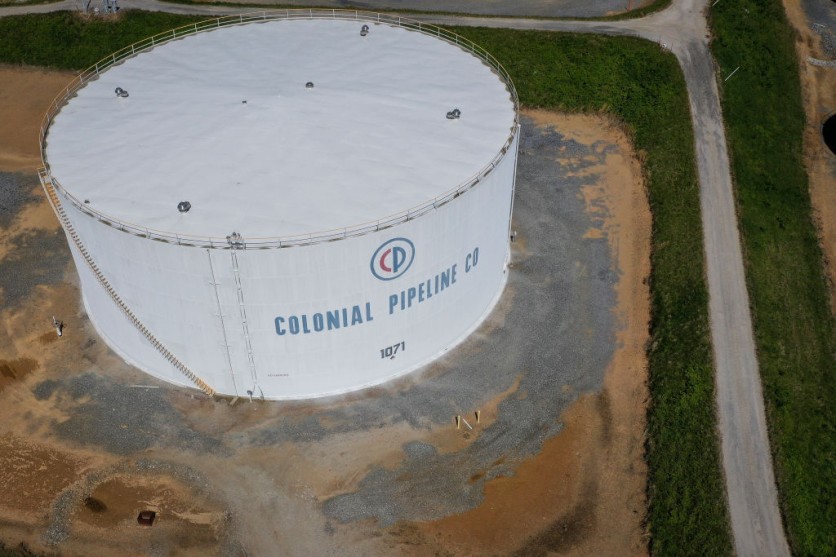Energy companies are now scrambling to buy cyber insurance. However, after the Colonial Pipeline ransomware attack, the prices of the latter are sharply increasing again.

The recent ransomware attack involving the largest fuel pipeline of the United States has created a fuel shortage on the East Coast. Motorists, as a result, have impulsively hoarded the remaining supply.
After the attack, Colonial Pipeline halted its operations, which resulted in the slow delivery of fuel.
To better illustrate the size of the attack, President Joe Biden even had to announce a state of emergency to allow the crude to be delivered by land. The price of regular gasoline also rose to a whopping $3 per gallon. It even took 10 days before the supply gradually got back again.
Cyber Insurance Price Hike
With that, energy companies are trying to lessen the damage of a cybersecurity attack risk. Hence, they are rushing in to get cyber insurance, but the increasing premiums hinder most companies.
Reuters said that a looming hike in cyber insurance premiums is coming at around 25% to 40%. Insurance companies and brokers are attributing the price change to the increasing number of claims.
It is noteworthy that insurers warned that the said range of hike could get higher after the pipeline attack. It is a precaution of the insurance companies from the losses they may incur from the increasing effects of cybercrimes.
In the first quarter of 2021 alone, insurers have increased the premiums by an average of 18% compared to 2020, the Council of Insurance Agents and Brokers told Insurance Journal.
Moreover, cyberattack claims have also risen a significant amount. In 2020, companies only lay claim to $358,000. However, in 2019 it is only at $145,000.
It has increased by 73% in a single year alone, according to Fitch ratings via Insurance Journal. It only shows that ransomware attacks have been dominating during the pandemic.
Energy Companies Are Rushing
Nick Economidis, Vice President of Cyber Liability at Insurer Crum & Forster, also told Reuters that "since the Colonial outage, submissions from energy companies are up across the board."
It has come to the extent that the said companies are calling every day since the pipeline attack. On the contrary, the energy sector was not the bulk of customers that insurance services get from cyberattacks before the attack.
However, despite that increasing demand, cyber insurance remains to be a small business.
More specifically, it only holds 1% of the market in the U.S., Fitch said in the report. And they have been incurring losses as more companies claim. According to Reuters, the loss ranges from $500,000 to -- in worst cases -- $10 million.
Read Also: SolarWinds Hackers Attack More Government Agencies and NGOs Globally, Microsoft Says
Increasing Ransoms
Another culprit that the insurers are looking into is the increasing ransom that the hackers are asking for. The payment to the cybercriminals has ballooned to $40 million, and that only involved a single company.
Related Article: Scripps Health Forces Employees to Use Offline Chart Systems Due to Cyberattack
This article is owned by Tech Times
Written by Teejay Boris




